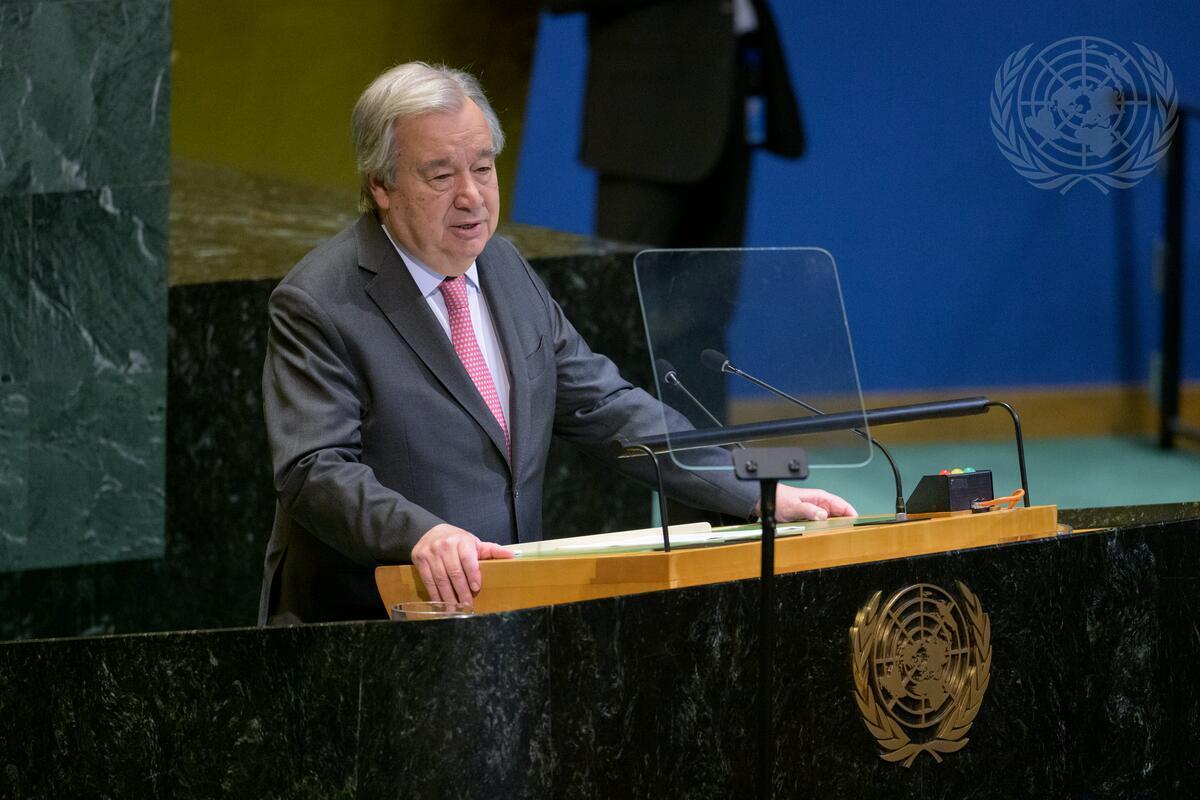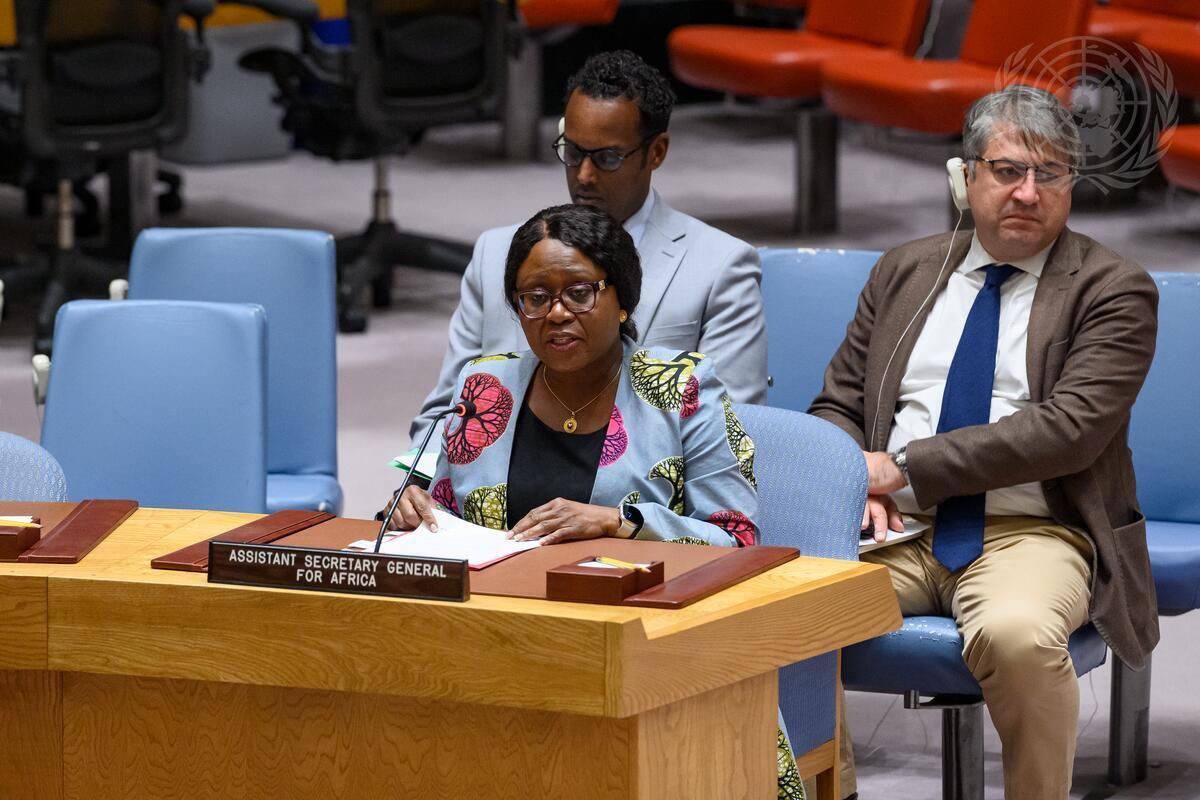On a visit to Kerenik locality at El Geneina, Darfur, a delegation from UNITAMS assessed the security and humanitarian situation in the aftermath of the violent outbreaks of April and June 2022, and met government officials and native administration representatives, civil society actors, representatives of nomadic communities, tribal leaders, local Resistance Committee, and internally displaced persons.
The visit took place from 9 to 13 November 2022, led by the Head of the UNITAMS Regional Office in Darfur, Abimbola Aina. In the various discussions, Ms. Aina reiterated UNITAMS’s unwavering support for the implementation of the Juba Peace Agreement including security arrangements in Darfur. She also discussed developments in the Trilateral Mechanism’s efforts to resolve the political crisis and UNITAMS’s work and plans towards strengthening the implementation of its mandate in Darfur through the Regional Office.
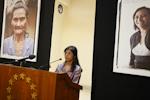
“UNITAMS is approaching the implementation of its mandate in Darfur, as in all of Sudan, comprehensively with an understanding that political, economic and security issues are interconnected. We are currently expanding the Darfur Regional Office to better address these interdependent tracks in partnership with the community,” Ms. Aina said.
In a meeting with the Wali (Governor) of West Darfur, Khamis Abdalla Abkar said that there has been an improvement in the security situation in recent months, but he also stressed that displacement remains a challenge. UNITAMS and the Wali discussed humanitarian needs and the role of the United Nations in addressing them.
In a meeting with the Misseriya Jebel, Gimir, Errenga communities and representatives of the native administration in West Darfur, the discussion focused on the need for addressing the root causes of the conflict in the state, insecurity, the issue of the return of those who were displaced by the recent wave of violence, humanitarian concerns, and ways to secure the current harvesting season.
The delegation also met with members of the nomadic community, civil society organizations, and Resistance Committees in El Geneina and exchanged views on peacebuilding, community reconciliation efforts, and their views on the ongoing political process to restore a civilian-led transition toward democracy in Sudan. Nomadic representatives stressed the necessity of inclusivity to ensure the sustainability of any peacebuilding and reconciliation efforts.
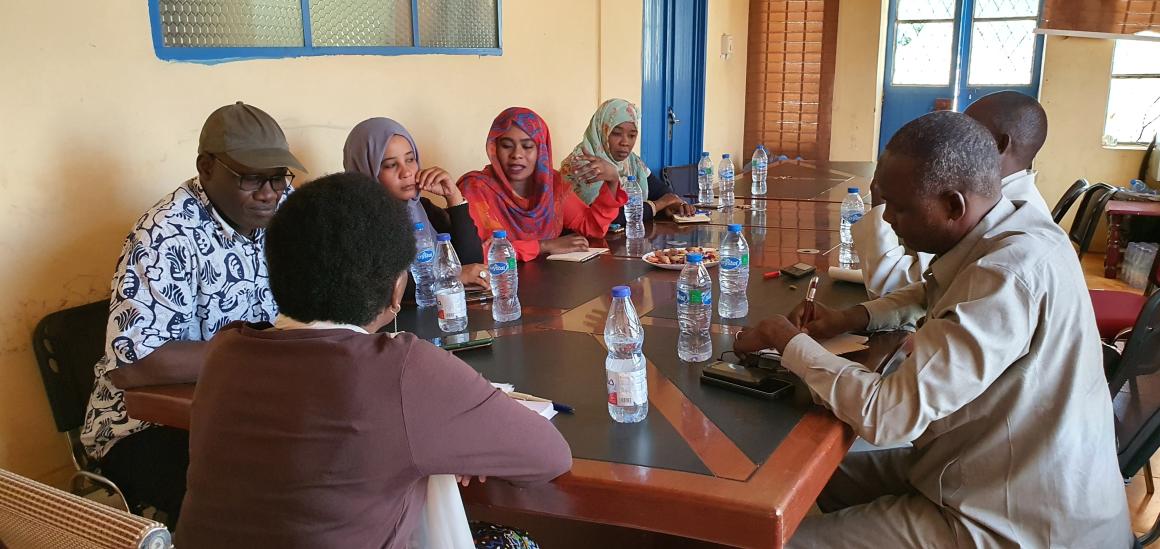
“To ensure durable peace, any reconciliation process should include community members at the grassroots level, including women, rather than just bringing together chieftains for signing ceremonies,” said Al Radia Mohemd, a member in Mayarim Organization for Women Development. She also highlighted the disproportionate impact of the humanitarian crisis on women. “Despite improvement in the security situation, displaced women are still subjected to sexual harassment, abuse, and exploitation. Many girls have abandoned schools- as parents cannot afford to pay the fees for the education of their children because of the high rate of unemployment and the economic hardship,” Ms. Mohamed added.
On 13 November, the team travelled by road to reach Kerenik locality, approximately 60 kilometers east of El Geneina. Last April, violence broke out in the locality causing a devastating scale of casualties, including among women and children. The delegation met various stakeholders including the Deputy Commissioner of the locality, the Humanitarian Aid Commissioner, members of the Locality Security Committee, representatives of the native administration, and leaders of internally displaced persons’ communities, including women.
Officials informed UNITAMS that there is an improvement in the security situation and that measures were taken to better secure the harvesting season. Several residents also expressed optimism about the economic situation on the short-term.
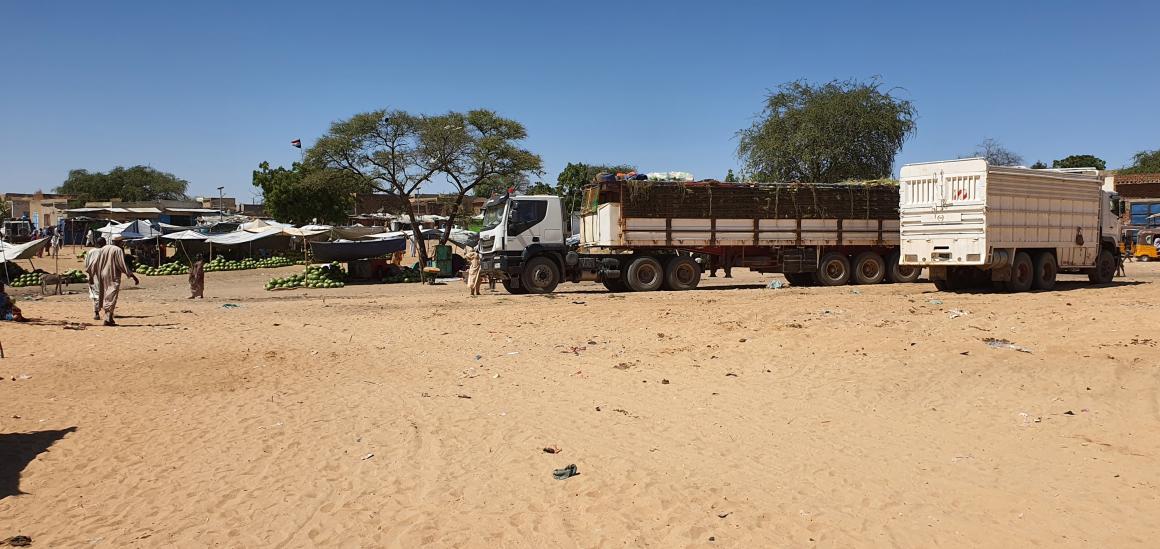
“This year’s rainy season was good and resulted in a vast production of watermelons. If the security situation continues to progress, people’s standard of living will improve,” said Mr. Adam Mohamed Ali, a resident of Kerenik.
However, representatives of internally displaced persons’ communities stressed they continue to suffer from lack of security and unaddressed humanitarian needs, particularly displaced women.
“Although the security situation has improved, we, as internally displaced persons impacted by the recent violence in Kerenik, request the government’s security forces to protect us from the atrocities committed by criminals from time to time. Women have been beaten and harassed when going out to fetch water and collect firewood,” said Ibtisam Mohamed Edris, an internally displaced woman in Kerenik, “Women are still suffering and living in dire conditions in need of food assistance, water supply, and shelter.”



